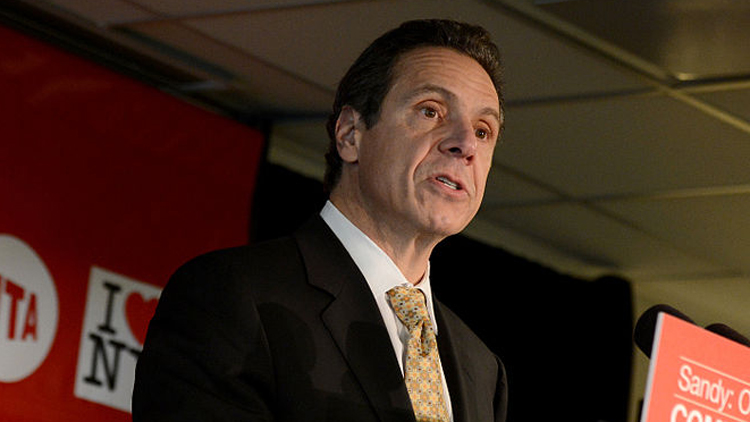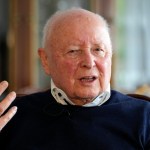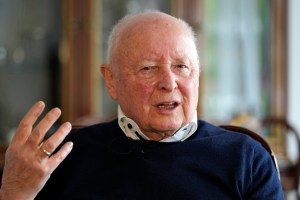In the end the pundits’ predictions proved right—Gov. Andrew Cuomo and his lieutenant pick, Kathy Hochul, did prevail in the Democratic primary. But nobody imbued with conventional wisdom came close to forecasting how many votes the political newcomers Zephyr Teachout and her running mate Tim Wu would collect when all the dust settled.
Their impact was huge, almost historic. Teachout, a Fordham law professor, got just under 35 percent of the vote, more than the 20.5 percent Lenora B. Fulani recorded in her 1994 primary bid against Andrew’s father, Mario, and more than the 33.7 percent that Mary Anne Krupsak won in her 1978 race against Gov. Hugh Carey. As the New York Times put it, she was “on pace to record the strongest challenge to an incumbent governor since primaries for the office were established in New York in 1970.”
Teachout certainly gave Cuomo a run for his money all over the state, according to news reports, as she took a broad swath of counties from New York City’s northern suburbs all the way up the Hudson Valley and west of Syracuse. She even triumphed in Albany County, presumably one of the incumbent’s strongholds. Cuomo won on Long Island (63-32 in Nassau and 54-42 in Suffolk), Manhattan, and did manage to carry Westchester County, where he lives with his girlfriend, TV culinary star Sandra Lee, but his showing elsewhere revealed how disenchanted with him his own party members have become. What this means for his race in November against Westchester County Executive Rob Astorino, the Republican who’s been trailing Cuomo by 30 points in some polls, remains to be seen. Cuomo may have to tilt further to the left to bring those Democrats who supported his rivals back to the polls.
In Wu’s first race, he got 40 percent against Hochul, a former Congresswoman from the Buffalo region—not enough to undo the minor party ballots in November, but certainly close enough to give the powerbrokers a scare. Superwuster, as he’s known on Twitter, even took Manhattan.
In the end, Cuomo’s support from the party leaders and the established unions was enough to offset Teachout and Wu’s “more passionate” voters—as she described them, much to his reported displeasure.
But his victory in this round didn’t come cheap. The Washington Post reported that Cuomo spent $42.64 for every vote he got and Teachout spent about $1.57 for hers. Measured on the grounds of fiscal prudence, her campaign was far more cost-effective—if you don’t count the fact she lost. Of course, Cuomo had more money to burn. According to the New York Board of Elections, he said he had about $30.5 million on hand, while Teachout had about $600,000.
Did money talk in this race or did it swear? Depends on who you ask.


























